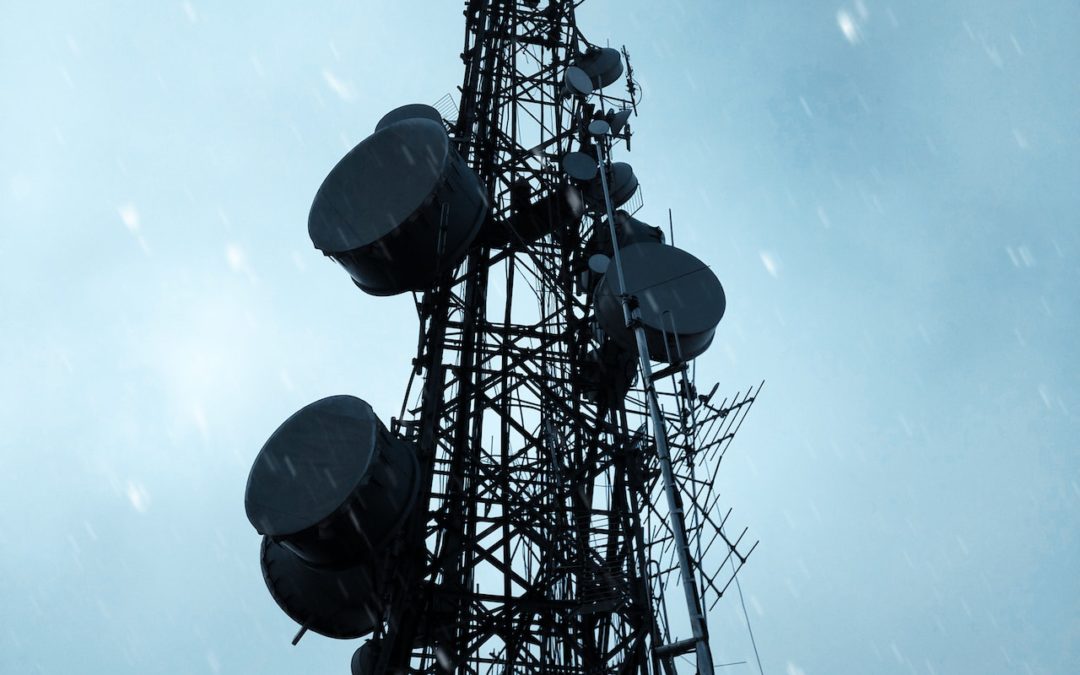Although there have been challenges in the widespread rollout of 5G cellular technology services worldwide, global 5G connections exceeded 800 million in second quarter of 2022, marking a 112 percent increase from the same time in the year prior. Global connections are expected to double every year and reach 5.9 billion by the end of 2027. Carriers began developing 5G technology in 2015, although the first 5G mobile networks weren’t made available until early 2019.
The Middle East and North Africa (MENA), while still a developing region in regard to mobile network infrastructure, is making considerable ground in 5G adoption and is positioned to be a leader in this area moving forward. In its report titled, “The Mobile Economy: Middle East & North Africa 2020,” GSMA projected 4G to overtake 3G as the dominant technology in the region by 2021. It also expects 5G accounts to make up more than 5 percent of all connections by 2024.
Scaling Faster Than Prior Mobile Generations
Despite growing pains globally, 5G is actually scaling faster in MENA than each of the prior four mobile generations, according to Ericsson’s November 2022 Mobility Report. The report forecasts 5G subscriptions will reach 270 million by the conclusion of 2028 and make up 31 percent of all connections at that time. 5G and 4G subscriptions will increase by about 245 million and 120 million, respectively, in MENA by 2028. 5G subscriptions worldwide are expected to exceed 1 billion two years quicker than 4G did.
Expanded 5G coverage in the region will also facilitate a major increase in data traffic. Average data traffic for each smartphone is expected to increase 24 percent per year, culminating in 38 GB per month in 2028, up from 11 GB per month in 2022.
Fastest 5G Services in the World
GSMA, a global telecom organization that represents the interests of 750 mobile operators, also reports that MENA, and the Gulf region specifically, have some of the world’s fastest 5G connections. Ooredoo, STC, and Etisalat were in competition to be the world’s first 5G operator as early as 2018 and now mobile operators in the United Arab Emirates (UAE) and Kingdom of Saudi Arabia (KSA) can provide exceptional mobile broadband services in low- and mid-bands thanks to direct access to in excess of 1 GHz of licensed spectrum. GSMA puts these Gulf markets on par with leading 5G countries in the Americas, Asia Pacific, and Europe.
Complementing GSMA’s findings, the UK-based mobile analytics company OpenSignal studied 5G availability and speed for smartphones when streaming videos, playing games, and using voice apps. OpenSignal found that the UAE led all countries with an average download speed of 316.8 Mbps. Qatar (278.5) and Kuwait (263.4) ranked second and third, respectively. The KSA ranked fourth in average and peak download speed as well as upload speed.
“While smaller markets top the rankings for 5G download speed, the position of Saudi Arabia is notable: its users saw a strong uplift in both speed and video experience, as well as good 5G availability despite its size,” the OpenSignal report noted.
Growth and Potential of the Digital Economy
Because of their relatively rapid 5G adoption and download speeds, Middle East countries like Qatar and the KSA are in a prime position to dramatically transform their economies, especially as it relates to their dependence on oil production and distribution. Telecom Review reported that MENA governments were expected to spend more than $17 billion combined on IT and telecom services in 2022. Further 5G adoption will help grow the digital economy through projects in transportation, sustainability, agricultural automation, and healthcare.
Middle East countries are also in a great position to utilize 5G to develop innovative smart city applications, which could present new and lucrative business opportunities in private cloud deployment. There are already several planned and ongoing smart city developments in the Middle East, including NEOM in Saudi Arabia and Masdar City in Abu Dhabi.
5G B2B Activity to Reach Nearly $300 Million by 2028
With an expected 1.8 billion 5G connections worldwide by 2025, the business-to-business (B2B) sales sector can expect increased revenues due in part to faster service speeds. Similarly, telecom operators will benefit from this greatly by promoting the value of 5G for B2B enterprises and governments. In a 2022 report, Allied-Market-Research projected global B2B revenues to progress at a 34 percent compound annual growth rate until 2028, reaching $16.8 billion. 5G B2B activity in the Middle East will account for nearly $300 million of that figure.
Ericsson Working with Bahrain Carrier Batelco
While Bahrain isn’t on par with Middle East countries like Qatar and the KSA in terms of 5G accessibility and average download speeds, its leading provider, Batelco, signed a Memorandum of Understanding (MoU) with Ericsson in 2022 to work together on 5G technologies. The MoU involves collaboration on cloud-native 5G Standalone and 5G Core solutions, as well as Voice over New Radio and advanced charging, the latter of which will support the development of Internet of Things products.

